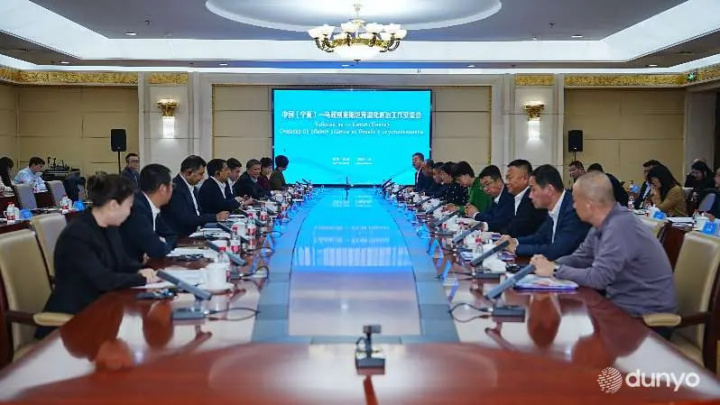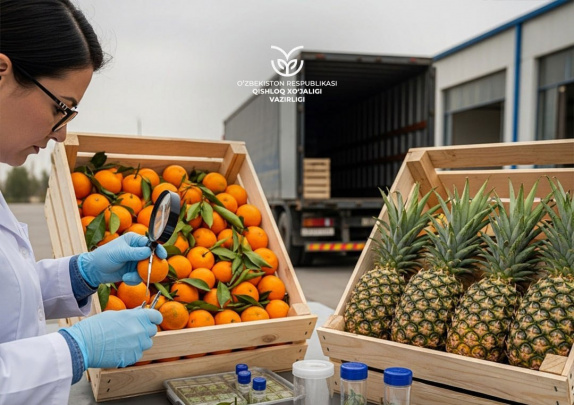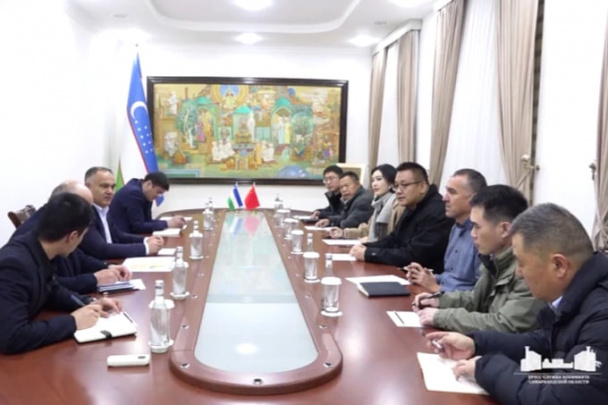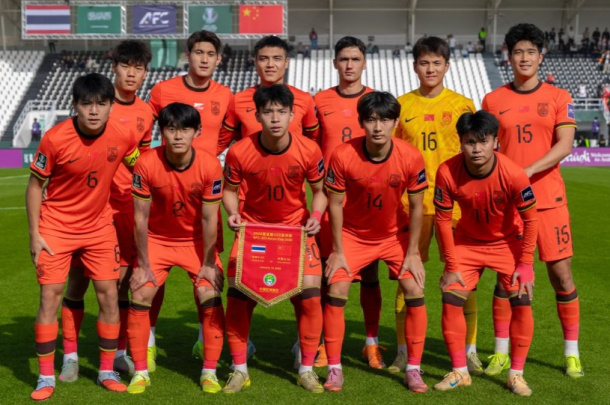Media freedom in China, manipulating user opinion on social networks, Russian interference in US elections – interview with George Chen
Kun.uz correspondent had an interview with George Chen, the Managing Director for Hong Kong and Taiwan at The Asia Group (TAG) and a Senior Fellow for the Centre for Civil Society and Governance at The University of Hong Kong (HKU). Prior to joining TAG, George was the Managing Director of Public Policy for Greater China, Mongolia, and Central Asia for Meta, previously known as Facebook (2016-2023). In that role, George was Meta’s senior policy representative and supply chain leader in the Asia-Pacific region and managed Meta’s work on US-China relations and regional geopolitical issues.
During the interview, George Chen spoke about his work at Facebook, the company’s cooperation with Uzbekistan, trolling on social networks, the US-China-Taiwan triangle and many other issues.
Hello and welcome, Mr. Chen. I’m really glad for your presence in our office and for agreeing to the interview.
Unless I’m very much mistaken, it’s your second visit to Uzbekistan and the first since you joined The Asia Group.
Yes, correct. Thanks a lot, it’s a great honor to be in the studio of one of the most popular news media in Central Asia.
It’s very interesting to know what the company does in general. Could you please tell us about your role as the Managing Director in The Asia Group and your contribution to its development?
Sure. I joined The Asia Group in June. I am the Managing Director for Hong Kong and Taiwan. The Asia Group is a Washington D.C. headquartered policy consultancy. The company was founded by Kurt Campbell. He was a senior diplomat who set up the firm after his retirement. When President Biden took office, he joined the Biden administration as the India-Pacific coordinator. Although he is not very much involved in the business, we have good leadership and management to bring the firm to the next level.
Prior to joining The Asia Group, you held a senior position at Facebook, now known as the Meta company. You provided personal assistance in verifying the official accounts of the Foreign Ministry structures. Although you left your job at Facebook, you know a lot about its policy and how things are run there. So, based on that can you name some important areas of cooperation between the company and Uzbekistan?
I worked for Facebook, which is now known as Meta, for more than seven years. At that time, I covered quite a big region, including Mainland China, Central Asia, and Mongolia. To be honest, I feel very proud to have had the opportunity to cover this region, especially Central Asia. During my time at Facebook, lots of ministries in Uzbekistan and Kazakhstan became more active on social media and we helped them to get their accounts verified and to solve their certain problems. It is good to see both the government and people using social media to engage with each other directly. If you think about 20 years ago, it was difficult even to imagine it. The sources of information were very limited and tightly controlled back then.
You spoke about your work in China and Mongolia as well. Can you compare the freedom of the media in these countries and in Central Asia states?
That’s a really interesting question. As you know, the internet in China remains pretty restricted. None of the international social media apps – Facebook, LinkedIn – are available in China. The country has its own apps, like WeChat and Weibo. It seems people enjoy using local apps but in terms of access to information on a global level, it is still very limited. Some of my friends who are doing research complain about it because most of the information on the internet is in English. China has a local search engine, Baidu, but it cannot be compared with Google.
Mongolia is an “Oasis of Democracy”. It is locked between Russia and China. There is no limitation on internet access in Mongolia, it is pretty free. I had the honor of working with many officials and friends in this country to boost media literacy and develop other projects.
Mongolia, just like Central Asia, is in a stage where regulators are trying to understand how to balance freedom of speech and internet governance. I don’t believe in 100% free speech. I once visited a news museum in Washington D.C. and there was a banner at the entrance that said “Freedom of speech is not a free license to be stupid”. There is always a limitation. For example, can you promote terrorism on social media? Of course, not.
In Central Asia, particularly in Uzbekistan, it is quite remarkable how free and liberal the market has become compared to 20 years ago. We can take your media organization as an example. 20 years ago, the main source of information was only the state media. But now you have many private media companies and you have more choices and that’s quite a big change.
We know that governments and their subordinate organizations use a large army of trolls to manipulate information and user opinions on social networks, for example, during election campaigns. What measures does META take to identify and counter trolls on Facebook and other relevant platforms?
I can only give a general comment on trolling because since I left the company, I don’t know much about their new measures to counter trolls.
I believe that not any platform would welcome trolling. All the trolls are fake accounts and it is quite easy to identify them. In my experience, I remember that there was an election in Taiwan and after the results were announced, there were lots of similar comments on the news about the election. It gives a strong signal that those accounts are not authentic.
In the US, investigations proved that there was Russian interference in the 2016 elections, using trolling and other tactics. It is one of the examples of how social media can be used for these purposes.
It is one thing if you just block and manage your own internet space but it is a totally different thing when you try to intervene in the work of other countries by manipulating public opinion. It is pretty bad. This is beyond your sovereignty.
Thank you very much, Mr. Chen, for your time and the informative conversation. With the launch of new projects, I hope you will be visiting Uzbekistan more often now.
Thank you, too.
You can watch the full interview on YouTube
Related News

10:25 / 03.02.2026
Tashkent and Beijing expand regional cooperation in green development and agriculture

11:20 / 31.01.2026
Uzbekistan temporarily restricts mandarin and pineapple imports from China over quarantine pests

09:33 / 29.01.2026
Chinese company plans to invest $500M in construction of paper factory in Samarkand

14:48 / 15.01.2026




